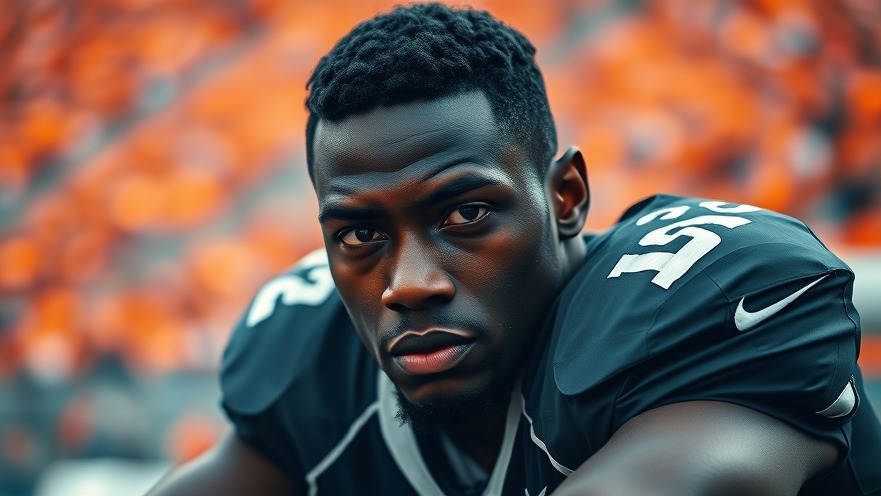
Shilo Sanders Fined: A Closer Look at the Tensions in NFL Preseason Games
In a surprising turn of events during this year's NFL preseason, free agent Shilo Sanders has reportedly been fined following an altercation with a player from the Buffalo Bills. The Tampa Bay Buccaneers released Sanders shortly after the incident, raising questions about the behavior and discipline standards of players in high-stakes environments.
Sanders, who previously made headlines for his football skills and lineage—being the son of NFL legend Deion Sanders—found himself embroiled in controversy during a match designed to showcase emerging talent. Such incidents highlight the heated emotions and competitive spirit that often bubble to the surface in preseason games, which are typically viewed as warmups for the regular season. The event has ignited discussions about the impact of pressure on players and their reactions in high-pressure scenarios.
Understanding the Implications of Preseason Violence
The NFL has long struggled with maintaining player conduct both on and off the field. This latest incident of players—especially in preseason games—getting fined or receiving penalties underscores the league’s commitment to upholding professionalism, even when stakes seem lower. Preseason games are intended to prepare teams for the coming season, but they can also generate frustration and altercations among players vying for roster spots.
Violent skirmishes can lead to injuries, exacerbate tensions within teams, and prompt the league to step in with fines and possible suspensions. Players need to remember that their conduct is not only monitored closely by league officials but also scrutinized by the media and fans alike.
The Role of Social Media in Shaping Public Perception
Shilo Sanders' fine follows a pattern seen in many sports where social media amplifies tensions. Platforms like Twitter and Instagram can spread news of altercations in an instant, often leading to public scrutiny of players involved. In Sanders’ case, the immediate dissemination of information likely contributed to both the fine and his subsequent release from the Buccaneers.
Fans and analysts on social media serve as watchdogs, and their critiques can impact a player’s brand and career trajectory. Public perception, influenced heavily by digital platforms, now plays a crucial role in how players respond to incidents on and off the field.
Looking Ahead: Trends in Player Conduct and Discipline
The NFL appears to be tightening its grip on disciplinary actions as more incidents surface. This incident with Shilo Sanders potentially sets a precedent for how the league and its teams deal with player conduct moving forward. As the league's roster cuts approach, each player's actions, including preseason behavior, will be analyzed rigorously as teams finalize their lineups.
Furthermore, if altercations like Sanders’ become commonplace, we might expect the NFL to implement stricter rules or programs aimed at managing player behavior, which may include conduct workshops and mental health support systems to help players manage the pressures of being in the spotlight.
Conclusion: Why This Matters to Fans and Players Alike
This incident not only affects Shilo Sanders but also resonates with fans who are deeply invested in the personalities and lives of NFL players. Understanding that these situations are complex can foster a greater appreciation for the pressures athletes endure. Fans want to see their teams thrive and hope that player integrity remains intact through the rollercoaster of emotions and competitiveness that comes with the sport.
In summary, the NFL must navigate the intricate dynamics of player behavior and fan expectations if it hopes to preserve the integrity of the game. As the preseason progresses, both fans and players will be watching to ensure that respect and sportsmanship remain at the forefront.
 Add Element
Add Element  Add Row
Add Row 



Write A Comment